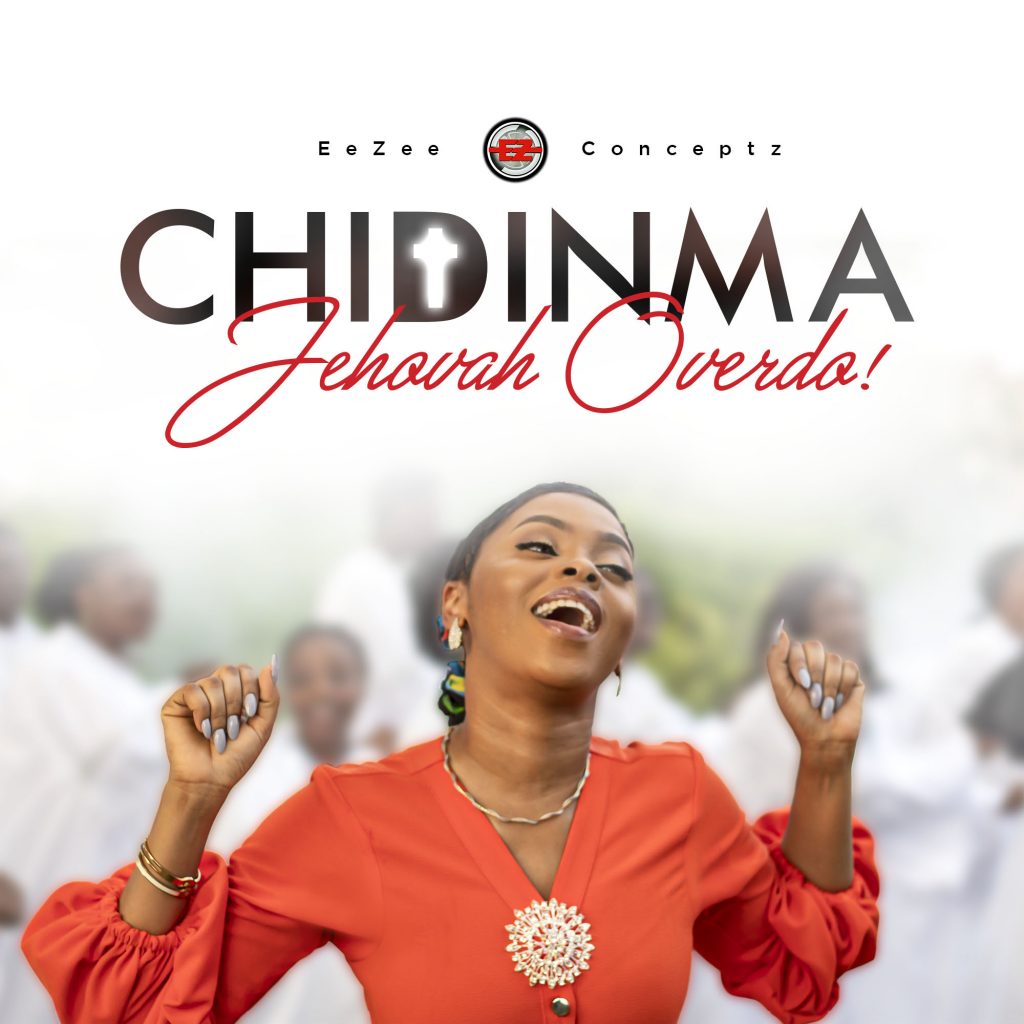 TML clipboardThe Nigerian music industry from independence till date falls under two dynamic generations. The first has its origin in the colonial era to end in the eighties. The hallmark of this generation was characterized by highlife, Juju and afro-beat. One sees the strength of this generation in its ability to promote the Nigerian cultural identity around the world.
TML clipboardThe Nigerian music industry from independence till date falls under two dynamic generations. The first has its origin in the colonial era to end in the eighties. The hallmark of this generation was characterized by highlife, Juju and afro-beat. One sees the strength of this generation in its ability to promote the Nigerian cultural identity around the world. Certain icons of this generation that played music that were highly loved by Nigerians and the rest of the world but whose contents by their nature compromised the Nigerian cultural identity. They include Bongos, Chris Okotie, the Ofekes and the others in their group.
By the end of this era, the industry found itself in a period of confusion during which it lacked bearing. It turned out however that the period marked the gestation of another upcoming and stunning era that was eventually born in the late 90s.
There are people who argue that the new era dominated by artists such Tuface, Asha, T-Y Bello etc is essentially not Nigerian since the generation is built on a foundation of foreign music, hip-hop/R&B rather than the traditional Nigerian juju, afro-beat and highlife. Conversely there is a school of thought that believes that though the music found its origin in the west, the songs are performed in Nigeria Pidgin English and vernacular. For those who argue that the music does not carry all Nigerians along, there is the need for them to understand that even highlife, juju and afro-beat never carried all Nigerians. Furthermore hip-hop/R&B does not carry all Americans along. Again this school of though argue that entertainment draws its strength from surprises and that the music is just a reflection of the time as our culture has also been influenced by the West through the decades gone by.
In other to avoid downplaying the Tuface/Debanj generation, we may need to see the significance of the industry they have succeeded in building. First their various projects have been accepted by the Nigerian music fans. In addition, the generation has not only helped in moderating the domination of our airwaves by the Americans and Jamaicans but now own the lion share of the airplay. It has never been like this before. The music is also making an impression outside the country with the artists now engaged in collaboration with the big ones in the US and Jamaica.
It is thus difficult to resolve the idea of who is the nations greatest but we can unravel the jig-saw if we come to a conclusion as to who ruled the earlier generation and doing same for the reigning generation. The king can then emerge from the two.
Bongos Ikwe during his time made songs for the soap opera cockcrow at dawn. The show turned out to be the cradle of Nigerian Nollywood that is rated as the third most watched globally. He also did songs in eulogy of the nation. It isn’t a surprise that the administration of Umar Musa Yar ‘adua thought of him and subsequently invited him to perform when it launched the Nigerian rebranding campaign in Abuja earlier in the year. He was the most spectacular performer at the event. While he stands out as a musician extraordinaire however, he made a sacrifice when he opted for a style that carried along a comparatively smaller category of Nigerians at the time. At his time, the Nigerian identity on a world cultural map was distinct. Thus abroad, highlife, juju and afro-beat were more representative of Nigeria at the time.
When one talks of the greatest Nigerian superstar, it is easy for Tuface to come to mind. One reason is that he belongs to the reigning generation, beside been among the number of artists who started the generation. He is the first Nigerian music artist to win an MTV music award and later another award, the Music of Black Origin (MOBO) award. His first album face II face sold over two million copies. The third album is currently selling. In the third album he has collaboration songs with R-Kelly and Shakademous and Pliers all of whom are world class artists.
The arrival of gifted artists like Debanj, 9nice, Asha etc seem to suggest that the reign of Tuface can be challenged. Some Nigerians are even of the opinion that these artists should be given a little time so that we can see who they really are.
Coming to a conclusion as to who is the greatest is a nut whose cracking may remain futile. This is because it will involve the analysis of a complex number of criteria. While Tuface, Debanj and the others in their generation currently rule the industry, playing music that gets fans holding their heads between their hands, the soaring creativity and originality of Sony Ade and Fela cannot be ignored without suffering insomnia. Their records effectively ruled the world during their time. They proved that music professionalism is not exclusive to the west -Africans too can do it! The best repository of music around the world will feel that their collection isn’t total if the works of these artists cannot be found there. The artists and their contemporaries can argue that had the world been as globalized as it is today when they played, they would have been Grammy award winners.


